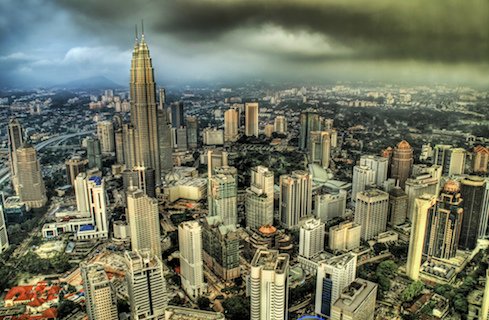I’ve already read a book from Brazil for the Read The World challenge, but I really enjoyed this so I thought I’d add it to the blog-pile.
I can’t remember why I picked this up, but I *really* enjoyed it. It’s a C19th novel which is ‘surprisingly modern’ — in scare quotes because that seems to be the default description and I don’t disagree, but I’m slightly uneasy about using ‘modern’ as a term of praise or even description.
It’s ‘modern’ because it’s written from the perspective of a dead man who makes lots of authorial asides, in a generally light tone, broken up into very short chapters (mostly less than a page), with self-referential stuff and intertextual commentary. In other words, it plays with form more than most C19th novels. But rather than comparing it to the modernists and post-modernists, it seems just as natural to refer back; not just to the inevitable Tristram Shandy, but things like Tom Jones and Byron’s Don Juan, which both have ‘authorial’ asides and interjections.
Anyway, that kind of quibbling aside: the application of the style to a very solidly C19th plot, about the lives and loves of the upper-middle classes, worked brilliantly for me. It was apparently just what I needed.
*A note on the title: in Portuguese it’s actually called Memórias Póstumas de Brás Cubas, and some English translations give it the same title: The Posthumous Memoirs of Brás Cubas. I can’t really see why they felt the need to change it for this translation†, and it’s also bloody annoying when you’re shopping for a copy until you realise that it’s all the same novel, but there you go.
†A 1950s one by William S Grossman, incidentally.





